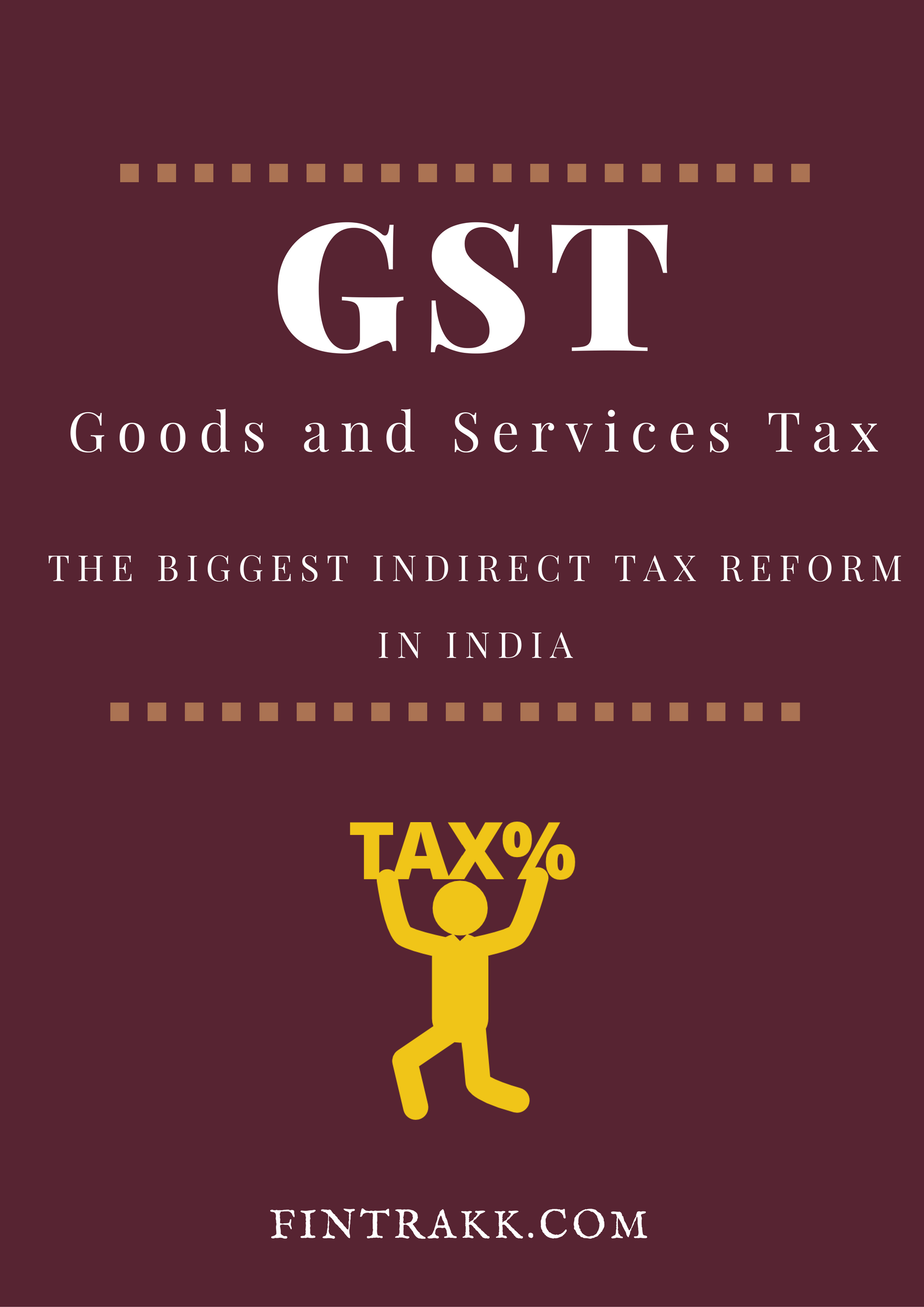GST or Goods and Services Tax Bill,a long pending bill,finally got its historic day after being passed by two-thirds majority in the Rajya Sabha.GST has been the talk of the town and the current hot topic being discussed everywhere in India.
Getting a green signal for GST or Goods and Services tax in India is considered as a great achievement towards making India a a unified country by following “One Nation,One tax” policy.
GST bill covers the Goods and Services Tax and shall be the biggest indirect tax reform providing a uniform and simplified way of Indirect taxation in India.Once introduced it will replace a number of other taxes like VAT,CST,Service tax,CAD,SAD, Excise,Entry tax,purchase tax etc.
The basic idea for introducing GST is converting India into a single market.This might have a positive impact on GDP of India.
But,now the question that comes to our mind Is GST Bill a Money Bill ?

Before discussing on GST Bill,let us firstly know what exactly a money bill is and how is it different from a Financial Bill.
What is a Money Bill ?
A Money bill is the one that contains any or some of the provisions specified in the Article 110 (1) of the Constitution.
Definition of Money Bill
As per Article 110 (1) of the Constitution of India,a Bill shall be deemed to be a Money Bill if it contains only provisions dealing with all or any of the following matters, namely:-
(a) imposition, abolition, remission, alteration or regulation of any tax;
(b) the regulation of the borrowing of money or the giving of any guarantee by the Government of India, or the amendment of the law with respect to any financial obligations undertaken or to be undertaken by the Government of India;
(c) the custody of the Consolidated Fund or the Contingency Fund of India, the payment of moneys into or the withdrawal of moneys from any such Fund;
(d) the appropriation of moneys out of the Consolidated Fund of India;
(e) the declaring of any expenditure to be expenditure charged on the Consolidated Fund of India or the increasing of the amount of any such expenditure;
(f) the receipt of money on account of the Consolidated Fund of India or the public account of India or the custody or issue of such money or the audit of the accounts of the Union or of a State; or
(g) any matter incidental to any of the matters specified in sub-clauses (a) to (f).
Features of A Money Bill :
- A money bill can be introduced in Lok Sabha(Lower House).
- Rajya Sabha i.e.the Upper House cannot make any changes to it.
- Although Rajya Sabha can give suggestions,but Lok Sabha can accept or reject the same.
- If Rajya Sabha does not give any recommendations within 14 days,the bill is deemed to have been passed at both the houses.
- Hence,a money bill gives greater powers to Lok Sabha than Rajya Sabha.
One of the recent examples of Money Bill is the AADHAR Bill.
What is a Financial Bill ?
On the other hand,a Financial bill has to be approved by both the houses Lok Sabha and Rajya Sabha in order to become law.
Category I – Similar to money bill.
Category II – provisions involving expenditure from the Consolidated Fund of India and not specified in Article 110.
Features of A Financial Bill :
- Both Houses i.e.Lok Sabha and Rajya Sabha have equal powers.
- President’s recommendation is also required for passing of the bill.
GST Bill contains provisions for the imposition and abolition of taxes, and for appropriation of moneys out of the Consolidated Fund, so it is a Money Bill.
The ruling party has a majority in Lok Sabha and not in Rajya Sabha.But,Congress has a majority in Rajya Sabha,so it wants to have a say in it. So,the opposition is demanding that Final GST Bill to be a Financial Bill and not a money bill.
Let us see what happens next, At what rate will it be introduced ? How is GST going to effect the common man ?
What are your expectations and feedback on the recently passed GST Bill ? What do you think shall be the impact of GST on the common man ? Feel free to share your views on the GST Bill in the comment section below !
For other details on GST you can refer u popular blog post : GST or Goods and Services Tax in India – An Overview !

